Contest of styles at the Urbana Poetry Slam
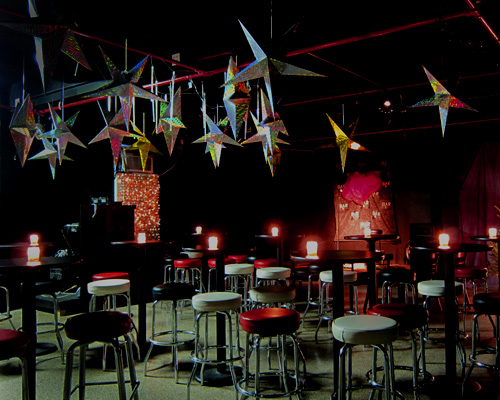
Every new season of the Urbana Poetry Slam offers a healthy mixture of familiar poets who have made advances in their craft as well as new faces who demonstrate a great amount of promise. The first semi-final of the Urbana Poetry Slam seemed to continue the trend as several poets took advantage of their time on stage.
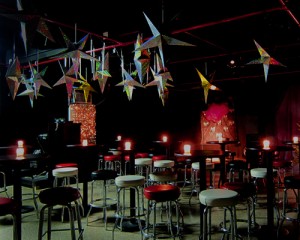 The Urbana format goes like this: each season has four periods of six weekly open slams. Anyone is allowed to sign up, as long as there is space, and compete for the chance to enter the semi-final. After the six open slams, each winning poet from an open slam competes for one of eight slots in the Urbana Grand Slam, which determines the team of poets to compete at the National Poetry Slam under the Urbana name. After the fourth semi-final, there is a Mega-Quasi Semi-Final in which eight of the highest-ranked poets of the season (who did not won a semi-final) get to compete for the remaining four slots in the Grand Slam.
The Urbana format goes like this: each season has four periods of six weekly open slams. Anyone is allowed to sign up, as long as there is space, and compete for the chance to enter the semi-final. After the six open slams, each winning poet from an open slam competes for one of eight slots in the Urbana Grand Slam, which determines the team of poets to compete at the National Poetry Slam under the Urbana name. After the fourth semi-final, there is a Mega-Quasi Semi-Final in which eight of the highest-ranked poets of the season (who did not won a semi-final) get to compete for the remaining four slots in the Grand Slam.
This past Tuesday’s semi-final began at Bar 82, with host Chad Anderson galvanizing the room with enthusiasm and anticipation of the slam and also Lynne Procope, the night’s featured poet. Procope is currently the curator of The LouderARTS Project at Bar 13. One of the highlights of her set was her Soliloquy of Yes in which she painted a setting of inconspicuous danger of sexual violence, repetitiously using the word “yes” as a tool of female identification (“Yes – we all look alike once the damage is done”). Moans were audible as her words pierced the room with beauty amidst the serious subject matter. Lynne’s piece, The Byrd Poems Pt. 3 was in reaction to the story of James Byrd, a victim of a racially-motivated lynching in the 90s. Lynne read with a gentle authority, her words emitting nothing but pure emotional honesty. At the end of her set, the room erupted with praise for her courageous poetry.
Chad Anderson took the stage once again to amplify the audience and introduce the rules of the slam and the poets who would be competing for the night. It is safe to say that that no two poets were similar in writing style or subject matter, as four of the competitors were in their first year competing for Urbana. Miles, the first poet to hit the stage, opened with a poem that addressed child awareness of gender identity, gaining momentum and crowd reaction through his keen use of anaphora.
Karen Grace performed a powerful piece about her expulsion from her church for being a lesbian. Karen defiantly proclaimed her forbidden love with pride, stating: “There is no fall from grace that doesn’t begin with a push.”
Next was Aaron Samuels, with Grandma. Using simple phrasings of the things that made up his grandmother, Aaron Samuels portrayed a woman with a fierce heart and an enduring legacy. The piece warmed the audience’s heart.
Maya Phillips demonstrated her strength in punch lines with her poem Valentines Day. Personifying the essence of loneliness, she found her way to gain the audience’s subtle murmurs of approval, with lines like: “Loneliness has its own song on the radio… Loneliness keeps stumbling into the mouths of strangers.”
Reading off paper, often risky in a slam, Ian Khadan was able to retain the crowd’s attention with the clarity of his presence. Ian Khadan lit up the room with an anthem of the Black Panthers, uttering vivid imageries through a voice of conviction and resolve.
Usman Hamedi, proving his love for science and women who love science, spiced up the energy of the room when he recited his ode to the females who work in his laboratory. The crowd loved his performance, and made it clear by their cheering when Usman walked off stage.
Catalina Ferro unleashed the fury she penned with her tale of a student of Marxist ideology. Pointing out the irony of the man coloring himself to be a revolutionary, Catalina recalled a vivid memory of her mother hiding the Communist Manifesto from invasive soldiers looking for subversive propaganda during her childhood in Chile. “It is easy to offer revolution to the cause when it is not yours to give,” she proclaimed to the room’s storm of applause. It was no surprise that Catalina went on to win that night, securing herself as the first competitor qualified for the Urbana Grand Slam. It appeared to be a contest of who could stand out the most among these already distinguished voices, and the mixture of styles made it a spectacle worth witnessing.
Ingamar Dion Ramirez
For more info on upcoming Urbana events, visit their Facebook page.


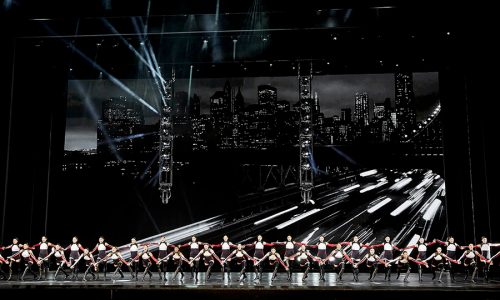

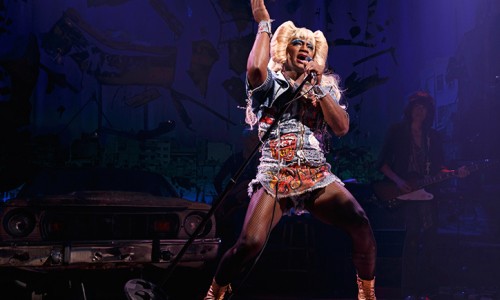
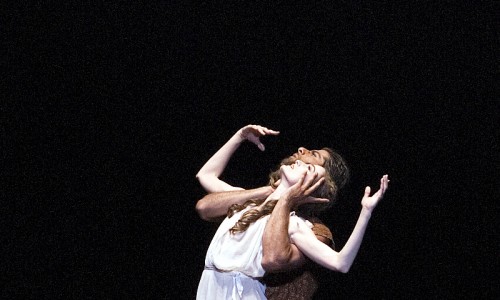
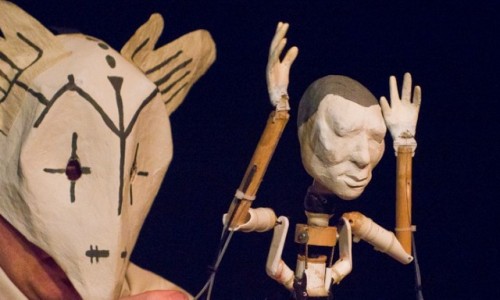
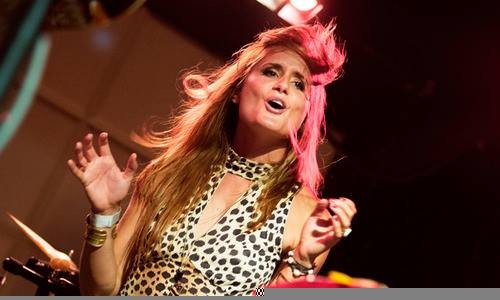
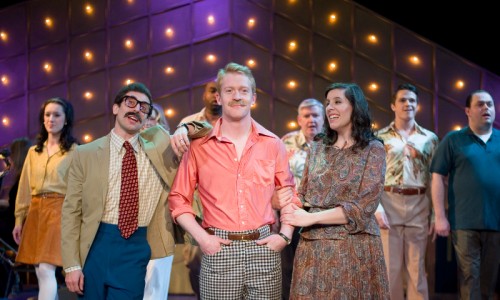














Facebook
Twitter
Instagram
YouTube
RSS